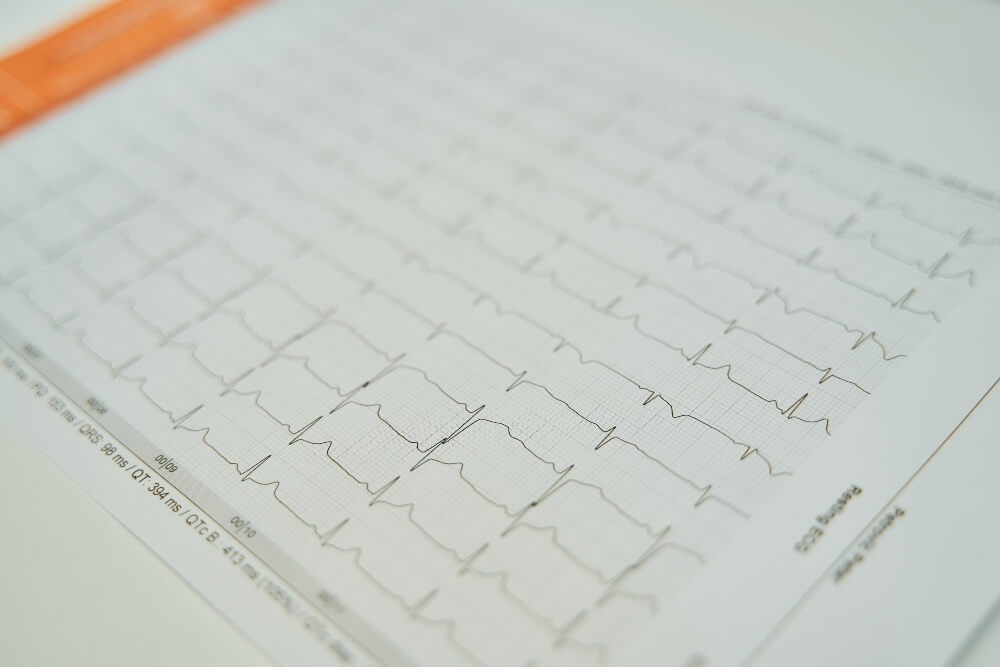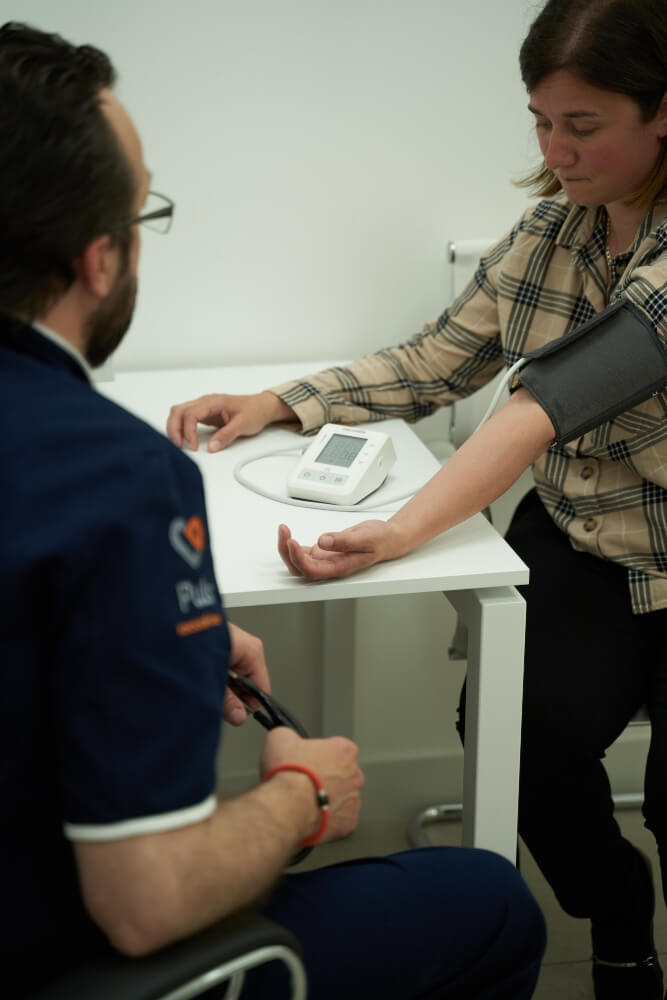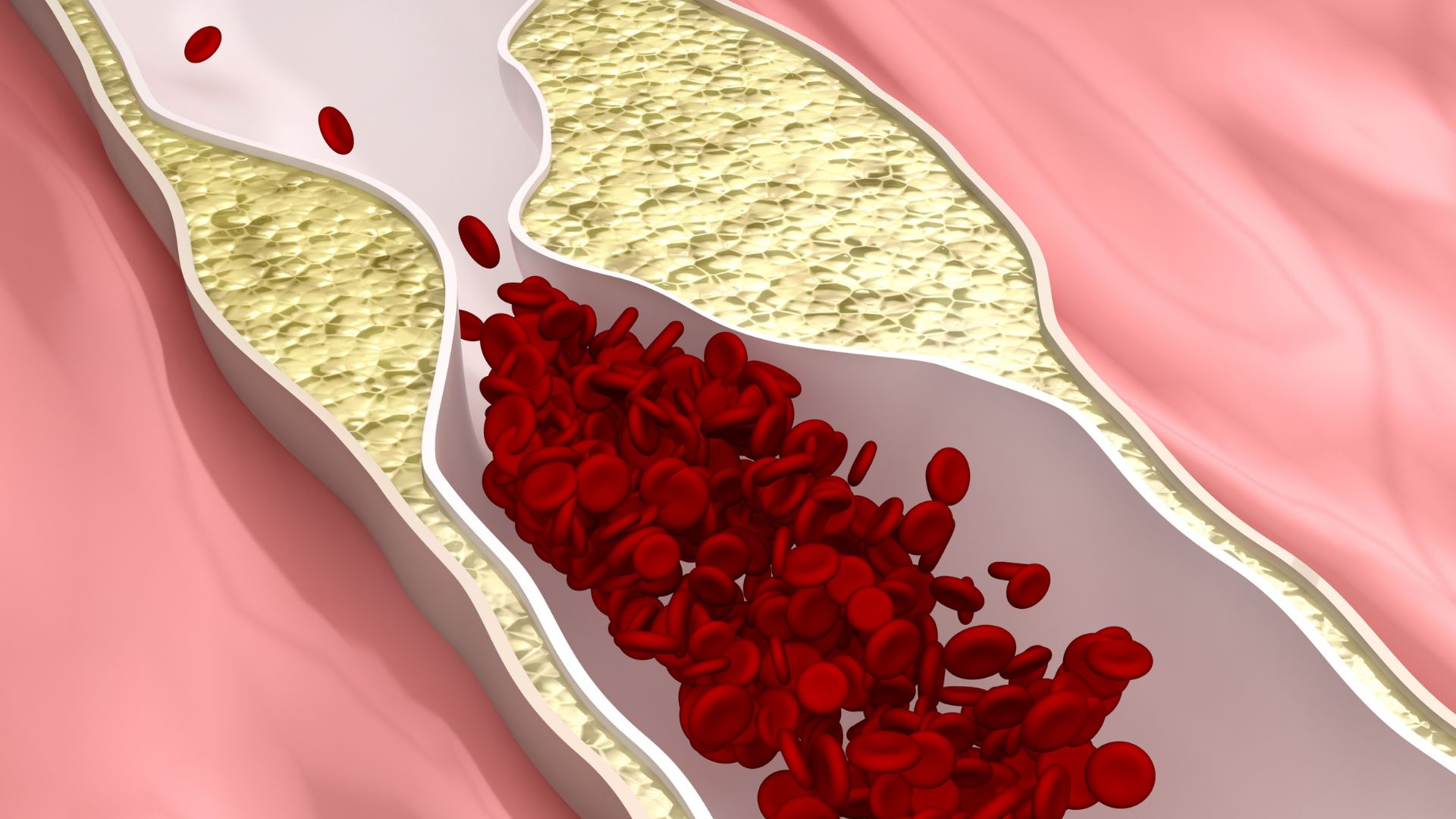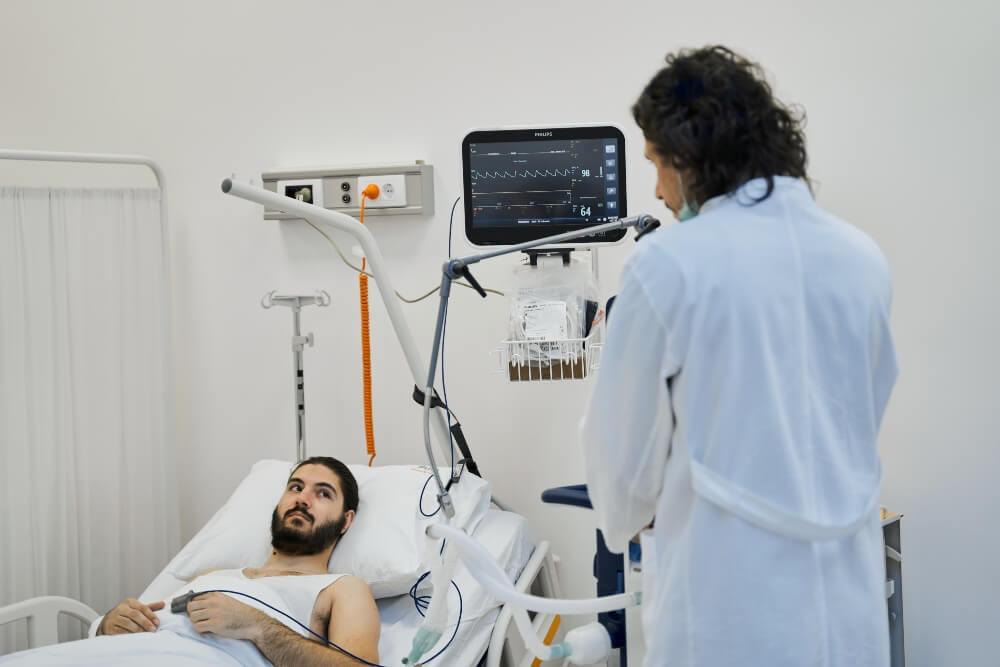Cardiovascular diseases are among the most widespread and dangerous, and it is possible to reduce the chances of their occurrence, which is why education of the population is important.
Research has shown that there are various factors that increase the risk of heart disease, and most of them are related to the lifestyle we lead, our habits and diet, so we can optimistically say that we can in many ways reduce the possibility of getting sick. .
On the other hand, there are some predispositions over which we have no influence, but even then there are ways to act responsibly.
Risk factors for cardiovascular disease that we cannot control:
- Age – With age, the risk of these diseases increases, and the older we get, the more we have to take care of our heart and attend check-ups. However, the fact that these diseases occur more often in older people does not mean that younger people are safe. Anyone who feels discomfort should report to a cardiology examination, because there are serious problems in 20- and 30-year-olds as well.
- Hereditary factor – The appearance of cardiovascular problems can be linked to genetics, that is, the hereditary factor can play an important role. If we have members in our immediate family who are being treated for these diseases, the probability that it will occur in us at some point is higher than for people who do not have the same situation in their family. It is considered especially important if among male members the disease develops before the age of 55, and among female members before 65.
- Gender – Judging by statistics that have been done for decades, the rate of cardiovascular diseases is higher in men than in women. In addition, men are more likely to get sick at a younger age than women.

Risk factors for cardiovascular disease that we can influence:
- Smoking – The harmfulness of smoking is a well-known fact and has been proven many times. Smoking is one of the most dangerous habits when it comes to the health of the heart, as well as other organs in the human body.
Smoking affects many things that result in cardiovascular diseases. It damages the inner layer of blood vessels, promotes the formation of plaque in the arteries (clogging of the arteries further leads to a heart attack or stroke), increases the level of LDL cholesterol, reduces the level of lipoproteins, affects the occurrence of muscle spasms of blood vessels, raises blood pressure.
In smokers, carbon monoxide will bind at the same point as oxygen and more easily, so the oxygen will be displaced, because of which the heart will have to work harder to be able to deliver enough oxygen to all parts of the body. The consequence of all this is an increase in blood pressure.
The harmful effects of smoking are also linked to other problems such as lung cancer. Even in 90% of cases, it is the lungs of smokers where some kind of tumor is diagnosed.
It is not rare that the lungs of a smoker need to be treated at the same time as the heart, and that these diseases at the same time greatly complicate recovery and call into question the success of any method. A smoker’s lungs suffer as much as the cardiovascular system, and this habit destroys the body in several places at the same time.
Even passive smoking, i.e. frequent stay in smoky rooms, increases the risk of developing various heart and lung problems.
- Irregular, unbalanced, unhealthy diet – If we eat poorly, we affect the formation of plaque in the arteries. There are foods that increase the level of bad cholesterol, which is deposited in the blood vessels and narrows them, and we should avoid them.
- Obesity – Obese people, especially those with the largest deposits in the stomach area, have an increased risk of developing these diseases, as well as diabetes. In general, diabetes and cardiovascular problems are linked.
- Passivity – Passivity, i.e. insufficient physical activity, is associated with obesity, but very often with poor nutrition, and all together significantly increases the risk of disease. During physical activity, changes occur in the heart, the cardiac output increases, the blood vessels of the skeletal muscles expand, and blood circulation improves.
- Stress – Stressful situations are sometimes difficult to avoid, but we must learn to fight with them and reduce their effect on our body. If we are often under stress, it affects the increase in blood pressure and the increase in LDL cholesterol, which is linked to the formation of plaque in the blood vessels.
Most of the risks we can influence build on each other and are difficult to separate, so many of us can be found in multiple categories at once. On the one hand, this does not benefit us at all, because the risk is automatically higher. However, when we look at it from another angle, when we decide to change our habits and our routine, then connectivity will be a good thing. If we decide on a healthy diet and the introduction of physical activity, we will have an impact on weight loss, but also on better stress control.
Prevention

Prevention is the most important for controlling cardiovascular diseases. If we avoid harmful behaviors and take care of how we live and eat, we are well on our way to avoiding heart problems. Prevention means:
- Healthy diet – You should eat foods rich in fiber, minerals and vitamins and avoid sugars and foods that raise the level of bad cholesterol. With a healthy diet, we will also keep our weight under control, which is very important because obesity is one of the risk factors.
In order to eat healthily, planning is important. Planning grocery shopping and meals during the week allows us to avoid moments when we don’t know what to eat, so we resort to solutions that are the closest, fastest and most unhealthy.
All of this may require a little more time than we used to allocate for nutrition, but it is crucial if we want to have a positive effect on the health of our body.
- Physical activity – By physical activity, we do not mean that everyone has to train something and make huge efforts every day. It is enough to walk for half an hour to an hour every day and we are already on the right track.
The nature of physical activity, intensity and duration will vary from person to person. Not everyone is in the same shape and not everyone has the same predispositions.
In choosing an activity, you should be guided by your interests and possibilities, if you do not have health problems, and even if there is an illness, you should consult a doctor about the best ways to stay in shape.
- Sufficient sleep – From 7 to 8 hours of sleep a person needs to rest the body and regenerate. It is extremely important that we find time to rest, in this way we significantly affect our general condition and heart.
In people who suffer from apnea that occurs at night during sleep, the fatigue remains even after sleeping for 8 hours. If you wake up tired even though you sleep long enough, your mouth is dry, you have a headache, you snore, it is possible that during the night you have problems with difficult, intermittent breathing. This problem is a kind of trigger for heart problems as well, but it can be controlled with a machine that maintains a continuous positive pressure in the airways during sleep.
- Preventive cardiology examination – A preventive cardiology examination is scheduled when there are no symptoms of the disease, but for some reason we belong to a risk group or we simply want to check the condition of our cardiovascular system. It is recommended for men over 50 and women over 60, but it is preferable to come earlier, especially if we have heart patients in the family or belong to the group of smokers.
At the Pulse cardiology center, there is a specially created Special examination for smokers, which includes the determination of cardiovascular risk, EKG, MSCT lung scanner and MSCT coronary calcium.
Modern medicine has significantly influenced the possibilities of treating and controlling cardiovascular diseases. Today, many things can be treated with minimally invasive and very safe treatment methods, but in addition to all that, heart attack is still one of the leading reasons for premature death of people.
Prevention is key if we want to avoid cardiovascular disease.
Although at first glance, changing habits, taking care of diet and physical activity may seem difficult, it is actually much easier than treating heart disease.
Schedule a preventive examination at Pulse Cardiology Center, react before the first symptoms appear.





